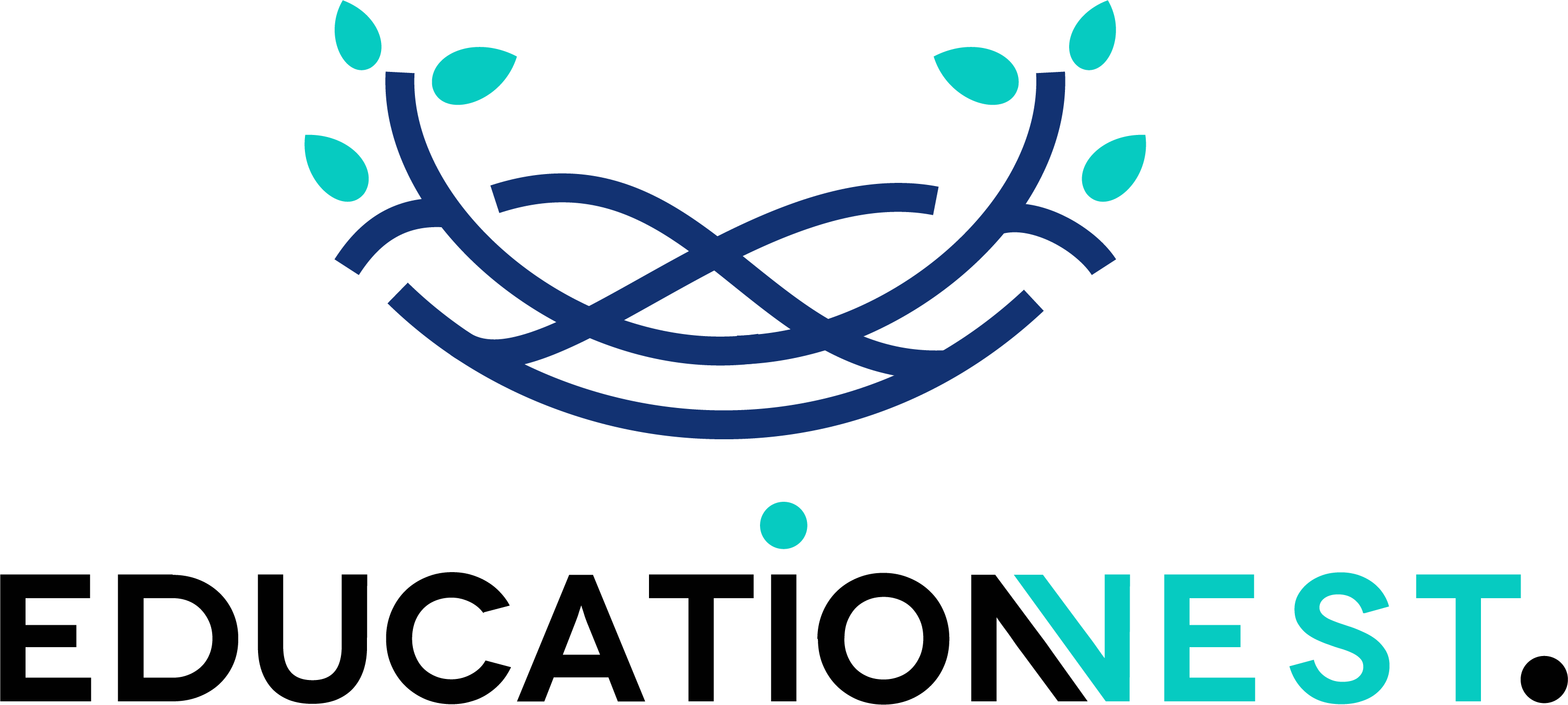
In the ever-evolving world of technology and business, staying ahead of the game is essential. For professionals in project management, the Certified Scrum Master (CSM) certification has become a valuable asset. But what does the future hold for CSMs? In this blog, we’ll explore the latest trends and make some predictions about the future of CSMs. So, let’s dive in and discover what’s in store for those who hold this coveted certification.
The Rise of Agile
Agile methodologies have been making waves in the business world for quite some time now. As organizations seek to become more adaptable and customer-centric, the demand for Agile experts has grown exponentially. CSMs, who are well-versed in Scrum, a popular Agile framework, are poised to benefit from this shift.
Remote Work and CSM (Certified Scrum Master)

With the advent of remote work, the role of a Scrum Master has adapted to meet the needs of distributed teams. CSMs have found themselves playing a crucial role in facilitating communication, removing obstacles, and ensuring team cohesion even when team members are miles apart. The future of CSMs is closely tied to their ability to excel in this remote work environment.
Certified Scrum Master in Non-Tech Industries
While Scrum and CSMs have traditionally been associated with IT and software development, the principles of Agile are finding their way into non-tech industries. Healthcare, marketing, and even education are now adopting Agile methodologies to enhance their processes. This expansion of Agile’s influence means more opportunities for CSMs in diverse sectors.
Continuous Learning and Skill Expansion:
The business landscape is ever-changing, and so are the expectations from professionals. CSMs must be prepared to continuously learn and expand their skill set. This could include getting certified in related areas such as Product Ownership or scaling Agile frameworks like SAFe (Scaled Agile Framework).
Embracing Diversity and Inclusion:
Diversity and inclusion are not just buzzwords anymore. Companies are actively seeking ways to promote diversity in their workforce. CSMs can contribute to this effort by fostering an inclusive and diverse team environment that leads to better products and services.
Sustainability and Agile:
As the world becomes more environmentally conscious, CSMs can help businesses adopt Agile practices that promote sustainability. Agile methodologies, with their focus on adaptability and customer feedback, align well with the goals of sustainability.
Also Read:
How To Ace Scrum Master Certification: A Complete Guide
Certified Scrum Master Tools and Software
With technology playing a pivotal role in project management, staying up to date with the latest tools and software is essential for CSMs. Tools like Jira, Trello, and Azure DevOps have become essential for Agile teams. Being proficient in these tools can make CSMs more attractive to employers.
CSMs as Change Agents:
In the future, CSMs will continue to be seen as change agents within organizations. They are not just there to enforce Scrum practices but to encourage a culture of continuous improvement. This includes driving change in leadership styles, processes, and the overall company mindset.
Predictions for the Certified Scrum Master Future
- Increased Demand
The demand for CSMs is only going to rise. As more industries adopt Agile, the need for skilled Scrum Masters will grow exponentially.
- Hybrid Work Models
Even when the world returns to a semblance of normalcy, the lessons learned during the pandemic will linger. Hybrid work models will continue, and CSMs will be instrumental in making them successful.
- Diverse Roles
CSMs will find themselves working in roles that extend beyond traditional project management. They might take on coaching, mentoring, and organizational change management responsibilities.
- Advanced Certifications
In addition to the CSM certification, professionals may seek advanced certifications in Agile and related fields to stand out in a competitive job market.
- Niche Specializations
CSMs may develop niche specializations in specific industries or methodologies, catering to the unique needs of their chosen fields.
Conclusion
The future of Certified Scrum Masters is undoubtedly bright. As businesses recognize the value of Agile methodologies and adapt to changing circumstances, CSMs will continue to play a pivotal role in shaping the way work gets done. The key to thriving in this evolving landscape is to stay adaptable, embrace new technologies, and continue learning. The future is Agile, and CSMs are at the forefront of this exciting transformation. So, if you’re considering becoming a CSM or already hold this certification, you’re on the right path to a promising future in project management.
Remember, the world of CSM is dynamic, and these trends and predictions are just a glimpse of what’s to come. Stay curious, keep learning, and be prepared for whatever the future holds for Certified Scrum Masters. Your journey in the Agile world has only just begun!

